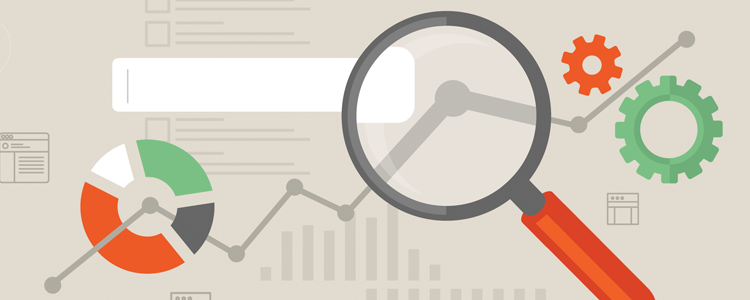Marketing is one of the most interesting job sectors to follow right now.
According to recent estimates, the Australian advertising industry alone is expected to be worth $16.4 billion by 2019, up from $12.9 billion in 2014¹.
As the market widens, though, so too does the skill set for the job. Research skills are becoming more and more important in the industry, and in some cases they are a prerequisite for the top positions.
Here’s some of the ways that the role is changing.
The Changing Role of Marketers
When most people imagine a team of marketers, they likely think of a group of individuals trying to come up with a catchy slogan to slap onto a brand’s new billboard. The popularity of recent shows like Mad Men has likely helped perpetuate this stereotype. The role of the marketer is no longer about having the gift of the gab, though.
Nowadays, it’s research skills and technical knowhow are becoming the most crucial skills if you want to succeed. In fact, just like in other fields like the CFD market and other financial sectors, many marketers are now expected to research their projects extensively before any further decision is made.
In some ways, you could say that the role is more suited to individuals with a scientific and data-driven mindset over those who fancy themselves as a creative type.
Defining the Value of Big Data
It would be misleading to say that analysing data hasn’t always been an important part of marketing. However, it’s worth establishing just how different this process has become since the advent of the Internet. In the past, working out which demographics were interested in your products involved time-consuming customer surveys and focus groups.
While these techniques are still employed today, information can now be gathered both quicker and in more detail via cookies and other trackers online. This allows you to find out certain user preferences, transaction history, and even personal information. With this kind of data on hand, business owners are able to better focus their attention on individuals who have a proven track record of behaving in a certain way. In the long-term, all of this is crucial in choosing which products and services that you’ll ultimately decide to push forward with in the future.
What Does It Mean for the Consumer
This isn’t all a one-sided exchange, though. This data also enables marketers to offer much improved experience for the end user. Content creators can now identify everything from the kind of content that individuals are viewing, to what services that they use, and even their location data. This allows them to deliver highly-personalised content that has been proven to increase consumer engagement.
The most common example of this is personalised advertisements. Rather than viewing the same ads as everybody else, like on traditional marketing platforms like TV or the radio, marketers can instead send each individual content that is unique to them.
Critics of this strategy, however, would argue that many users do not know which information of theirs is being shared and that a better solution would be for individuals to be able to decide how much of their personal information is shared in order to dictate their own experience.
An employee’s required skill set diversifying can only be a good thing for the future of the industry.
